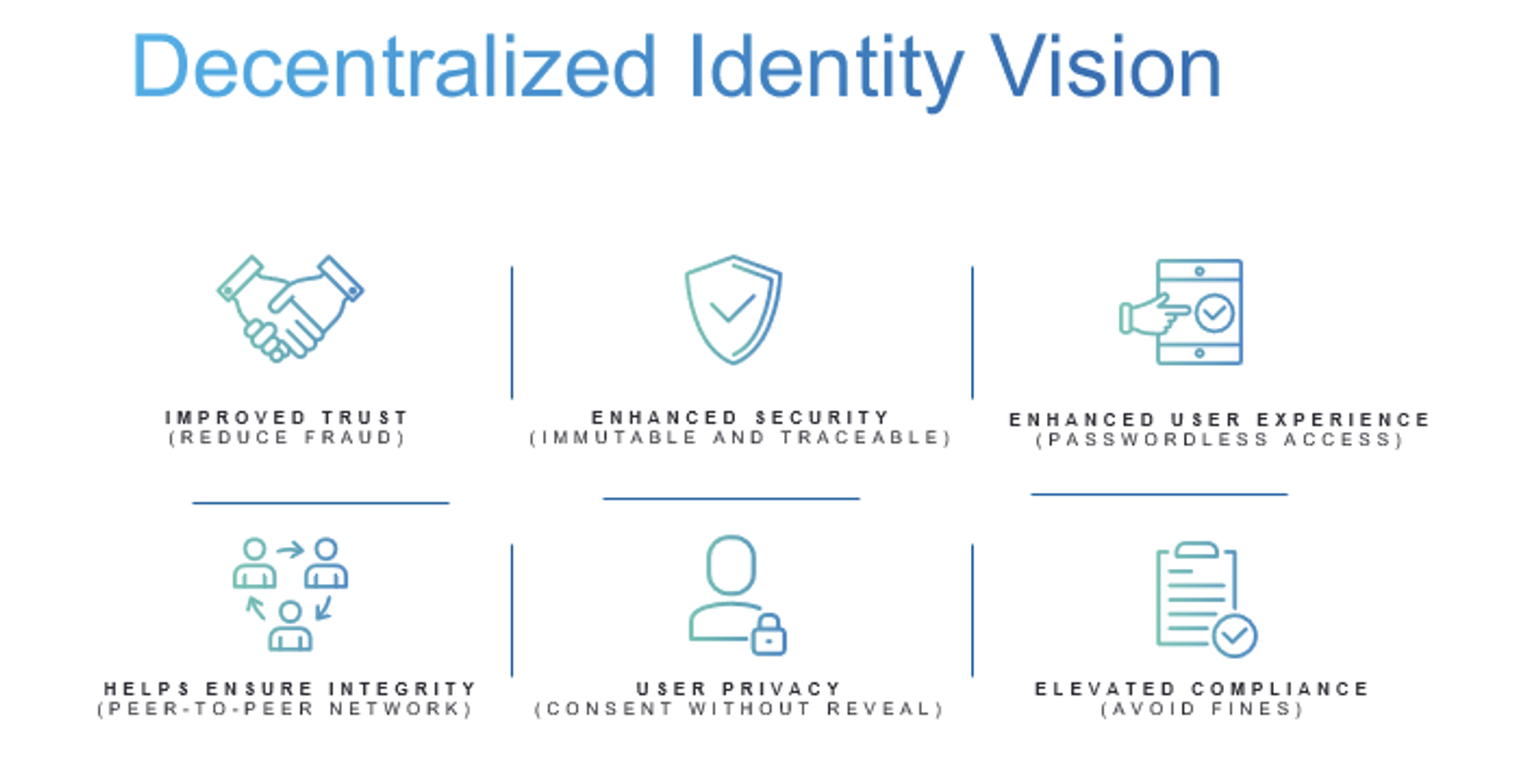Heart Hunter
Exploring the passion for the heart's adventures.
Decentralized Player Protection: The Invisible Shield in Online Gaming
Unlock the secrets of decentralized player protection and discover how it's reshaping online gaming safety. Your shield against threats awaits!
Understanding Decentralized Player Protection: How It Works in Online Gaming
Decentralized player protection is a revolutionary concept in online gaming that aims to enhance the security and fairness of gameplay. At its core, this system employs blockchain technology to create transparent and immutable records of all player interactions, transactions, and outcomes. This means that players can verify the integrity of games, ensuring that they are not subject to manipulation or unfair practices. By leveraging smart contracts, decentralized networks eliminate the need for centralized authorities, putting the power back into the hands of the players. As a result, gamers can enjoy a more trustworthy environment where their rights and interests are safeguarded.
To fully understand how decentralized player protection functions, it’s essential to consider its key components. First, the use of cryptographic algorithms ensures that all data is securely encrypted, making unauthorized access virtually impossible. Second, decentralized platforms utilize consensus mechanisms, allowing multiple parties to validate transactions and game outcomes collaboratively. This collective validation process not only enhances security but also builds a robust ecosystem of accountability. Lastly, integrated player governance systems empower users to participate in decision-making processes, ensuring that the community's voice is heard and considered in the evolution of the gaming platform.

Counter-Strike is a popular team-based first-person shooter game that challenges players to work together to complete objectives such as bomb defusal or hostage rescue. With a competitive scene and a wide variety of maps, it has gained a massive following. Players can enhance their gaming experience with various offers and bonuses, such as using a stake promo code to get the most out of their gaming sessions.
The Future of Online Gaming: Why Decentralized Player Protection is Essential
The landscape of online gaming is evolving at a rapid pace, with an increasing number of players engaging in digital environments. As this growth accelerates, the importance of decentralized player protection cannot be overstated. Traditional gaming platforms often rely on centralized systems that can be vulnerable to hacks and data breaches, exposing players to significant risks. In contrast, a decentralized approach offers enhanced security measures, ensuring that player data and assets are safeguarded. Moreover, it fosters a sense of ownership and control among players, allowing them to manage their digital identities and transactions in a more transparent way.
Looking ahead, it is crucial for game developers and stakeholders to recognize the necessity of implementing decentralized player protection. This shift not only enhances player trust but also encourages a more sustainable gaming ecosystem. By leveraging blockchain technology and smart contracts, developers can create fairer gaming environments where players are protected against fraud and exploitation. Additionally, as gamers become more aware of these benefits, their expectations for security and privacy will undoubtedly rise, making it imperative for the industry to adapt and evolve accordingly.
Is Your Online Gaming Experience Safe? Exploring Decentralized Player Protection
As the popularity of online gaming continues to soar, player safety is becoming an increasingly critical concern. Many gamers are questioning whether their online gaming experiences are truly safe, especially with the rise of data breaches and scams targeting unsuspecting players. One solution that is gaining traction in the gaming community is decentralization. By utilizing blockchain technology, decentralized gaming platforms can offer enhanced security measures that protect players from hacks and fraudulent activities. This method ensures that personal and financial information is encrypted, and transactions are transparent, fostering a safer environment for both casual and competitive gamers.
Furthermore, decentralized player protection goes beyond just data security. It empowers players by allowing them to maintain control over their assets and identities. Unlike traditional gaming systems, where players are often at the mercy of centralized authorities, decentralized platforms provide a decentralized governance model. This means that players can have a say in decision-making processes, ensuring that their voices are heard. Additionally, with the implementation of smart contracts, players can have greater assurance that rules are followed, and payouts are made efficiently and fairly. Ultimately, embracing a decentralized approach can significantly enhance your online gaming experience, making it safer and more enjoyable.